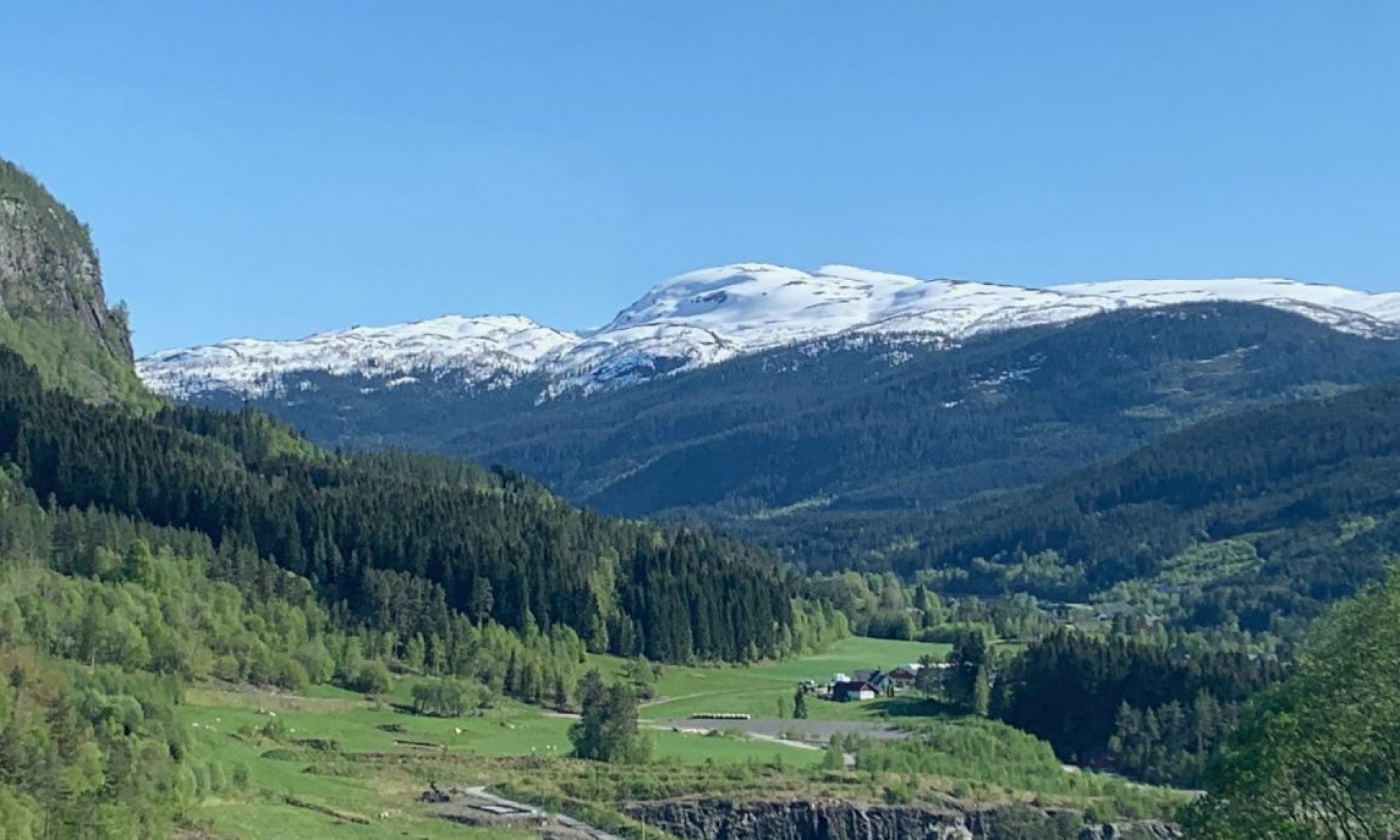The Bergen International Postgraduate Symposium, 2023
With thanks to the Viking Society for Northern Research, and the University of Nottingham, I was able to attend and present a paper at the 14th Bergen International Postgraduate Symposium in Old Norse Studies, which took place from the 17th to the 20th April 2023.
The Symposium has not been held in the last few years due to the Covid-19 pandemic, and it was encouraging to once again be part of an academic event which was so motivational, supportive and multi-disciplinary.
The Symposium provided the opportunity to meet young academics from many different Universities, and the input of established scholars meant that it was possible to discuss ideas and consider research from different viewpoints. The feedback and questions from the audience after each paper highlighted how clearly engaged and interested everyone was in stimulating discussion, and delving into one another’s research. This made for a lively and very heartening Symposium, and was further evidenced by the fact that these discussions and questions were not limited to the time we spent in the auditorium, but would spill over into lunchtime debates, and increasingly amusing discussions in ‘Det Akademiske Kvarter’ at the end of the day.
My paper focused on the interactions between Danes and Slavs, as portrayed in the 13th century text, Knýtlinga saga, and I was delighted to receive questions and suggestions from the audience. These questions have prompted me to look into some ideas which I had not considered before, perhaps most notably about the ways in which Christian saints could be adopted or even deified by non-Christian communities, and I am delighted to have had this experience, which will doubtless help shape my ongoing research.
Although much of our time was spent in the auditorium (and adjoining tea/coffee station), the organisers also arranged excursions, the first of which was a fascinating visit to the University Library Special Collections exhibit, where we were able to hear about the ways in which the library has specialised in manuscript collection and preservation, and how these manuscripts are safely stored and transported when needed. The final day saw us travel slightly out of Bergen to Lyse kloster (Lyse Abbey), the ruins of a 12th century Cistercian Monastery, with its own quarry nearby, and then on to the Hordamuseet, a museum which includes exhibits inside showcasing boat building and a history of farming and fishing in the area, as well as open-air sites which included an iron age burial, the sunken remains of a boat building yard, and examples of different building types from the region.
At the close of this day myself and my fellow University of Nottingham participants had to part ways with the Bergen Symposium organisers and attendees, and say our reluctant goodbyes as we headed to the airport to return to Nottingham. After a very full itinerary I think we were all tired, but the experience had left us excited and ready to head back into our research with a revitalised sense of the importance of research, but also with the knowledge that there is a thriving academic community we belong to.
With sincere thanks to the University of Bergen for hosting and organising this Symposium once more, and with special thanks to the Viking Society for Northern Research and the University of Nottingham for providing me with the means to attend.
Ha det bra, Norge!
